 Potential is a word that carries immense weight and significance in our lives. It's a word filled with hope, promise, and endless possibilities. We often hear people say, "You have so much potential," and while those words can be uplifting, they also come with a subtle reminder: potential alone means nothing if you do nothing with it. Imagine potential as a seed. It holds within it the blueprint for something remarkable, something that can flourish and thrive. But a seed, no matter how promising, won't grow into a majestic tree or a beautiful flower if it's never planted, nurtured, and given the opportunity to take root. In the same way, our potential is like that seed—it's the starting point of something incredible, but it requires self-love, authenticity, effort, dedication, and action to transform it into reality. One of the biggest hurdles in unlocking our potential is our comfort zone. We all have one—a place where we feel safe, where things are familiar and easy. Stepping out of this comfort zone can be intimidating because it means facing uncertainty, taking risks, and working hard. But herein lies the paradox: growth and potential rarely reside within our comfort zones. When we choose to stay in our comfort zones, we may have all the potential in the world, but we'll never know what we're truly capable of. Our potential becomes stagnant, unrealized, and ultimately wasted. It's like having a treasure chest locked away in your heart but never bothering to open it. The Power of Action Action is the key that unlocks our potential. It's the bridge between our dreams and their fulfillment. To harness your potential, you must take deliberate steps towards your goals. Here's how:
Remember that potential is not limited to a specific age, gender, or circumstance. It resides within all of us, waiting to be discovered and nurtured. Your potential is unique to you, and it's a gift you can choose to embrace or squander. So, the next time someone tells you that you have potential, don't take it lightly. It's a reminder that you possess the power to achieve great things, but it's up to you to make it happen. Take that seed of potential and plant it, water it, and watch it grow into something extraordinary. Potential means nothing if you do nothing with it, but in your hands, it can mean everything. Schedule a free session and let's talk about YOUR potential.
0 Comments
The idea of willingly embracing incompetence might seem counterintuitive. However, there's a profound truth hidden within this paradox: "The best way to become great at something is to suck at it with enthusiasm." These wise words by Authenticity Empowerment Coach Mindy Aisling encourage us to shatter the fear of failure and boldly venture into uncharted territories, accepting that stumbling is an integral part of the journey towards excellence.
Embracing the Unknown As human beings, we tend to stick to what we know and excel at, avoiding situations where our competence may be in question. We avoid the discomfort of feeling like a beginner because it threatens our sense of self-worth and competence. However, it's precisely this fear that often hinders personal growth and prevents us from discovering new talents and passions. Embracing the unknown is a crucial step in personal development. When you decide to embark on a new journey, whether it's picking up a musical instrument, trying a new sport, or learning a foreign language, you are essentially choosing to leave the safety of your comfort zone. It's important to acknowledge that at the beginning of any such endeavor, you're likely to be far from proficient. You might even "suck" at it, as Mindy Aisling suggests. But this is where the magic happens. The Power of Enthusiastic Sucking To "suck" at something means to perform poorly or unskillfully in the initial stages. It means making mistakes, fumbling, and perhaps even feeling a bit foolish. But here's the key: it's okay to suck at something when you're just starting. In fact, it's more than okay—it's essential. When you embrace the process of learning with enthusiasm, you open yourself up to a world of possibilities. Enthusiastic sucking is not about accepting mediocrity; it's about recognizing that the path to mastery is paved with failures, missteps, and countless setbacks. These are the building blocks of success. The Learning Curve Every skill or talent has a learning curve. It's a graphical representation of your progress, and it often starts with a steep climb from the bottom, where you might feel completely out of your depth. This is where most people give up or shy away from trying something new. But this is also where the growth happens. Think about a child learning to walk. In the beginning, they wobble, stumble, and fall repeatedly. But they don't give up. They keep trying, fueled by their curiosity and determination. Eventually, they become proficient walkers. The same principle applies to adults learning new skills or mastering new endeavors. Overcoming Fear of Failure The fear of failure is a powerful psychological barrier. It can prevent you from taking that first step toward something you've always wanted to try. However, when you acknowledge that failure is not the end but a stepping stone to success, you can start to shift your perspective. Failure teaches valuable lessons. It shows you what doesn't work, allowing you to make adjustments and try again. Each "sucky" attempt brings you one step closer to improvement. The key is to maintain your enthusiasm throughout the process, even when things get tough. As you gain experience and learn from your mistakes, you'll gradually find yourself moving up the learning curve. Building Resilience and Confidence Embracing enthusiastic sucking also builds resilience and self-confidence. When you're willing to endure the initial discomfort of incompetence and keep pushing forward, you develop grit and determination. These qualities not only serve you well in your current endeavor but can also be applied to other areas of your life. As you make progress and see your skills improve, your self-confidence naturally grows. You start to believe in your ability to conquer challenges, and this newfound confidence spills over into various aspects of your life. You become a more adaptable and capable individual. So, be brave enough to suck at something new. Embrace the discomfort of incompetence with enthusiasm, knowing that it's a temporary stage on your journey to mastery. Mindy Aisling's wise words remind us that greatness is born from a willingness to face our limitations head-on and to keep pushing forward, even when we feel like we're far from achieving excellence. Remember, it's not about how you start; it's about how you persist and evolve along the way. In the end, you'll not only become great at what you set out to do but also discover the incredible strength and resilience within yourself. Nature has always been a source of wisdom and inspiration for humans, offering a myriad of lessons that parallel our own lives. One such remarkable example is the pine tree whose pinecones can only release their seeds through the crucible of a forest fire. This extraordinary adaptation serves as a profound metaphor for personal growth, resilience, and the transformative power of adversity. Pine trees, especially those belonging to the Pinus genus, have evolved an ingenious mechanism for reproduction. The cones on these trees remain tightly sealed, storing their seeds within, until they are exposed to the intense heat of a forest fire. This heat triggers the resin in the cones to melt and the scales to open, releasing the seeds onto the scorched earth. The ashes from the fire provide the ideal nutrients for the seeds to take root and flourish, giving rise to a new generation of pine trees. Just like these pine trees, our lives often require challenges and adversity to unlock our fullest potential. It's easy to find comfort within our comfort zones, but growth rarely occurs without pushing boundaries and facing difficulties. Adversity acts as the catalyst for personal transformation, encouraging us to adapt, learn, and evolve.
The story of the pine tree and its unique adaptation holds a powerful lesson for us all. Just as these trees require the heat of a forest fire to release their seeds and spark new life, personal growth often demands that we navigate through the fires of adversity. Embracing life's challenges with resilience and a willingness to adapt enables us to uncover our hidden potential and emerge stronger, wiser, and more vibrant than before. In the midst of life's trials, remember the remarkable journey of the pine tree and its capacity to thrive in the face of the most challenging circumstances Throughout history, humanity has sought to understand and connect with the divine, often attributing the concept of "God" to a higher power beyond ourselves. Yet, many spiritual seekers overlook a fundamental truth: the path to experiencing the true essence of God begins with loving oneself. It is through self-love and authentic connections with others that we can uncover the divine presence within ourselves and all living beings. In this profound journey of love and discovery, we come to realize that "God" is not merely an external force, but a radiant energy that emerges from within, illuminating the world around us. 🌟The Seed of Love: To experience the true essence of God, we must start with the foundation of self-love. Embracing and cherishing ourselves with all our imperfections and unique qualities is the key to unlocking the divine within. Self-love is not selfish or narcissistic; rather, it is an acknowledgment of our inherent worthiness and a celebration of our journey of growth and self-discovery. 🌟 Love Begets Love: As we cultivate self-love, we naturally become more capable of offering love to others without judgment or conditions. This love transcends the boundaries of superficial attachments and extends to all living beings. In embracing others with compassion and understanding, we create authentic connections that mirror the essence of divine love. 🌟Authenticity: When we allow others to be their most authentic selves—free from judgment or expectations—we create a safe space for their souls to shine brightly. Authenticity is a powerful catalyst for spiritual growth and self-realization. As individuals embody their true nature, they become radiant expressions of the divine, allowing the essence of God to manifest through them. 🌟The Unity of Divine Love: In this journey of self-love and authentic connections, we come to recognize the unity of divine love that binds us all. The divine essence, which we may call God, is not confined to a specific location or entity but permeates through all living beings and the entire cosmos. As we embrace this interconnectedness, we realize that "God" is not separate from us but an inherent part of our very being. 🌟 Transcending Boundaries: Experiencing the true essence of God transcends religious or spiritual beliefs. It is a unifying force that goes beyond dogma and ritual, embracing the core essence of love and compassion that underlies all spiritual paths. When we set aside divisive beliefs and embrace the universality of love, we create bridges of understanding and unity. 🌟Divine Presence in Every Moment: As we continue on this journey of self-love and authentic connections, we come to realize that "God" is not confined to sacred spaces or specific rituals. The divine presence permeates every moment of our lives, waiting to be discovered in the ordinary as well as the extraordinary. Experiencing the true essence of God is not a distant or elusive endeavor but a profound journey of love, self-discovery, and authentic connections. It begins with the seed of self-love, which blossoms into a radiant love that embraces others with compassion and acceptance. Through authenticity, we uncover the divine presence within ourselves and others, recognizing the unity of divine love that transcends boundaries and beliefs. In this journey, we come to understand that "God" is not a separate entity but a radiant energy that emerges from within and pervades all living beings and the entire universe. As we embrace this interconnectedness and love beyond conditions, we experience the divine presence in every moment and find solace in the eternal truth that we are all expressions of the same divine essence. In a world filled with suffering and challenges, it is not uncommon to experience feelings of shame and unworthiness when embracing ease, joy, and abundance in our own lives. The stark contrast between our privilege and the struggles of others can lead to a sense of guilt. However, it is essential to recognize that experiencing joy and abundance does not diminish the empathy and compassion we have for others' hardships. In fact, by cultivating compassion and using our abundance to empower positive change, we can contribute to creating a more compassionate and supportive world. ⭐Cultivate Self-Compassion: Self-compassion is the foundation for embracing ease, joy, and abundance while acknowledging the suffering of others. Understand that it is okay to experience moments of happiness and success, even amidst global challenges. Treat yourself with the same kindness and understanding you would offer a friend in a similar situation. ⭐ Acknowledge Your Privilege: Recognize your privilege and the advantages you have in life. Instead of feeling guilty about it, use it as an opportunity to be grateful and compassionate. Acknowledging your privilege can motivate you to give back and support those less fortunate. ⭐ Be Mindful of Your Impact: As you enjoy abundance, be mindful of how your actions and choices affect others. Consider the environmental and social impact of your lifestyle and seek ways to minimize harm and promote sustainability. ⭐ Use Your Abundance for Good: Instead of feeling guilty about your abundance, use it as a tool for positive change. Contribute to charitable causes, volunteer your time, or support organizations that are working towards alleviating global suffering. Your resources can make a meaningful difference in the lives of others. ⭐ Engage in Empathetic Listening: Develop the ability to empathetically listen to the stories and struggles of others without judgment. By genuinely understanding the experiences of those facing adversity, you can become a more compassionate and supportive advocate for change. ⭐ Balance Personal Fulfillment with Service: Finding a balance between self-fulfillment and service to others is crucial. Embrace your joy and abundance while making conscious efforts to contribute to the well-being of others. Remember that you can be of greater service to the world when you are content and emotionally fulfilled. ⭐Practice Gratitude: Gratitude is a powerful tool for cultivating a positive mindset and fostering compassion. Express gratitude for the abundance in your life while also being grateful for the lessons learned from the challenges faced by others. ⭐ Advocate for Social Change: Use your voice and privilege to advocate for social change and support initiatives that address systemic issues causing suffering in the world. Whether through activism, donations, or raising awareness, your actions can be a force for good. ⭐ Embrace the Interconnectedness of Humanity: Recognize that we are all interconnected, and the well-being of one individual or community affects the well-being of the whole. By embracing this interconnectedness, we can work together to uplift and support each other. Accepting ease, joy, and abundance while acknowledging the suffering of others requires a delicate balance of self-compassion and empathy. Remember that experiencing happiness and success does not negate your ability to empathize with others' struggles. By cultivating self-compassion, using your abundance for good, advocating for change, and embracing the interconnectedness of humanity, you can empower yourself to make a positive impact in the world. Embrace your full potential and remember that contributing to positive change does not require sacrificing your happiness—it is about finding ways to uplift and support others while embracing your own authentic joy and abundance. The story of Sisyphus pushing a rock uphill comes from Greek mythology and is a powerful allegory that conveys a profound philosophical lesson. Sisyphus was a cunning and deceitful king who was punished by the gods for his hubris and arrogance. As his eternal punishment, he was condemned to roll a massive rock uphill, only to watch it roll back down each time he neared the top, forcing him to repeat the task for eternity. The lesson from Sisyphus pushing the rock uphill is often interpreted as an existential and philosophical reflection on the human condition:
For more on releasing yourself from the experience of pushing a rock uphill, and instead embracing the magic of FLOW in your life...
Check Out the Chasing Thoughts Podcast S01E03: youtu.be/koI3QRSX-8g Check Out this Article: medium.com/@mindyaisling/unraveling-mental-blocks-for-seamless-growth-362ba23f17f7 Schedule a FREE First-Time Coaching Session: www.mindyaisling.com/schedule-with-mindy-aisling.html In our quest for happiness and well-being, we often overlook the profound impact that our body's internal chemistry can have on our overall mood and outlook on life. Our bodies produce a wide array of chemicals and hormones that influence our emotions, energy levels, and overall mental state. By understanding how to activate these positive substances, we can take proactive steps to enhance our well-being.
Understanding how to activate positive chemicals and hormones in our bodies can significantly impact our well-being. By incorporating regular exercise, engaging in activities that bring joy and fulfillment, maintaining healthy social connections, and prioritizing self-care, we can create an environment that fosters the release of these beneficial substances. However, it is important to note that individual responses may vary, and maintaining a holistic approach to well-being is crucial. Consulting with healthcare professionals or experts in relevant fields can provide personalized guidance on how to optimize your body's chemistry for a happier and healthier life. Watch the full podcast here: https://youtu.be/LZ4oDDuYIu4
In the intricate tapestry of human existence, emotions play a profound role. From joy to sorrow, love to fear, emotions shape our experiences and influence our decisions. However, sometimes these emotions can become burdensome, weighing us down and hindering our personal growth.
Relationships thrive on understanding, compromise, and empathy. When individuals become entrenched in the belief that their opinions are absolute truths, while dismissing the perspectives of others as unequivocally wrong, it can inflict significant damage on those relationships. Being stuck in the notion of 'being right' erodes the foundations of healthy connection, and has a detrimental effect on communication. Effective communication is the foundation of healthy relationships, whether personal or professional. When individuals hold a rigid belief in their own moral superiority or correctness, it creates an environment of closed-mindedness and undermines meaningful dialogue. Self-righteousness is defined as, "having or characterized by a certainty that one is totally correct." I would describe it as, "lacking understanding regarding the difference between data and story, and believing that "your story" is "fact", or "the truth." Self-righteousness breeds a closed-minded attitude that leaves little room for empathy, curiosity, or understanding. When individuals firmly believe they possess the ultimate truth or moral high ground, they tend to dismiss alternative perspectives. Consequently, conversations become one-sided and lack the necessary exchange of ideas, thus preventing growth, learning and connection. In professional relationships, a lack of openness inhibits the development of creative solutions and stifles collaboration, leading to interpersonal conflicts and stagnation. In personal relationships, self-righteousness blocks connection, and prevents accurately seeing the other persona and knowing who they really are in their most beautiful, authentic expression. When one person adamantly insists on being right and disregards the other person's viewpoint, it creates an environment of hostility and defensiveness. The conversation becomes a battleground, with both parties striving to assert their correctness rather than engaging in a meaningful exchange of ideas. As a result, dialogue becomes superficial, leading to misunderstandings, resentment, and strained relationships.
Self-righteousness often manifests as judgment and condescension towards others. Those trapped in their own righteousness tend to view opposing viewpoints as inferior or flawed. This judgmental attitude alienates others and creates a hostile atmosphere, discouraging open communication. People become defensive when they sense condescension, and as a result, constructive dialogue becomes nearly impossible. The focus shifts from understanding and cooperation to proving one's superiority, further widening the communication gap.
Empathy is an essential component of effective communication. However, self-righteousness hampers the ability to empathize with others' experiences and perspectives. When individuals consider themselves morally superior, they may dismiss or belittle the emotions and experiences of those who disagree with them. This lack of empathy can lead to misunderstandings, hurt feelings, and broken relationships. Successful communication requires genuine efforts to understand and acknowledge the feelings and viewpoints of others, even if they differ from our own. Additionally, self-righteousness often causes individuals to resist or disregard feedback and constructive criticism. When people believe they are always right, they are less likely to engage in introspection and self-improvement. Consequently, communication becomes stagnant, as growth and development are hindered by the unwillingness to consider alternative perspectives. True progress is only possible when we are open to feedback and willing to challenge our own beliefs and biases. Overcoming Self-Righteousness:
The rigid belief that one is right and the other is wrong can seriously damage relationships. We can foster stronger, healthier connections by understanding the consequences of this mindset and implementing strategies to cultivate open-mindedness, active listening, empathy, and constructive dialogue. Remember, relationships thrive on mutual respect, understanding, and a willingness to acknowledge and embrace different perspectives.
Emotions are an integral part of the human experience, shaping our perceptions, actions, and relationships. From joy and love to anger and sadness, emotions have the power to influence our lives in profound ways. But have you ever considered the fleeting nature of emotions? According to neuroscientist Jill Bolte Taylor, an emotion only lasts for about 90 seconds. In this article, we will explore the concept of the 90-Second Rule and gain insights into how understanding this phenomenon can help us navigate the ebb and flow of our emotional landscape.
The 90-Second Rule offers a fascinating insight into the ephemeral nature of emotions. By recognizing that an emotion only lasts for about 90 seconds, we can free ourselves from being trapped in prolonged states of distress or turmoil. This understanding empowers us to cultivate awareness, practice mindfulness, regulate our emotions, and respond intentionally. Embracing the transient nature of emotions provides us with the opportunity to navigate our emotional landscape with greater resilience, balance, and well-being. So, the next time you experience an emotion, remember the 90-Second Rule and allow it to run its course, and bring attention and intention to the story that you tell yourself beyond that.
|
AuthorMindy Amita AislingAuthenticity EmpowermentLife Coaching for Big-Hearted Overthinkers & Entreprenerds🐲Own Your Weird
🌎 Change Your World ⬇️ DIY Courses 👩🏻💻1:1 RemoteCoaching Fully Accredited ICF Certified Mindy Amita Aisling, is a professionally trained and board-certified leadership, authenticity, and entrepreneur coach.
Mindy exceeds all requirements set forth by the International Coaching Federation (ICF) for Master Coach certification. Mindy is also a licensed mediator, communications coach, and conflict resolution practicer. As a mediator, she has worked both in private practice and as a court appointment mediator at her local county courthouse. Through her innovative approach, she assists clients in examining their limiting beliefs, questioning their assumptions about how the world works, and releasing the notion that they are anything less than perfect. As a result, individuals who work with Mindy cultivate the ability to stand firm in their beliefs, live authentically and decisively, and discover an experience of life that is easy and graceful. In 2021, Mindy founded How to Be Human and Entreprenerd. These programs have enabled her to share her wisdom and knowledge with a broader audience in service of her vision of helping others live authentic lives This, in turn, has empowered more individuals to lead their most TRUE and COURAGEOUS lives. When she is not working, Mindy can be found playing outdoors in the beautiful Pacific Northwest, creating art, spending time with friends & family, or with her nose deep in a book. You can sign up for her newsletter here. Archives
June 2024
Categories
All
ICF Certified Life CoachAffordable Online Life Coaching |
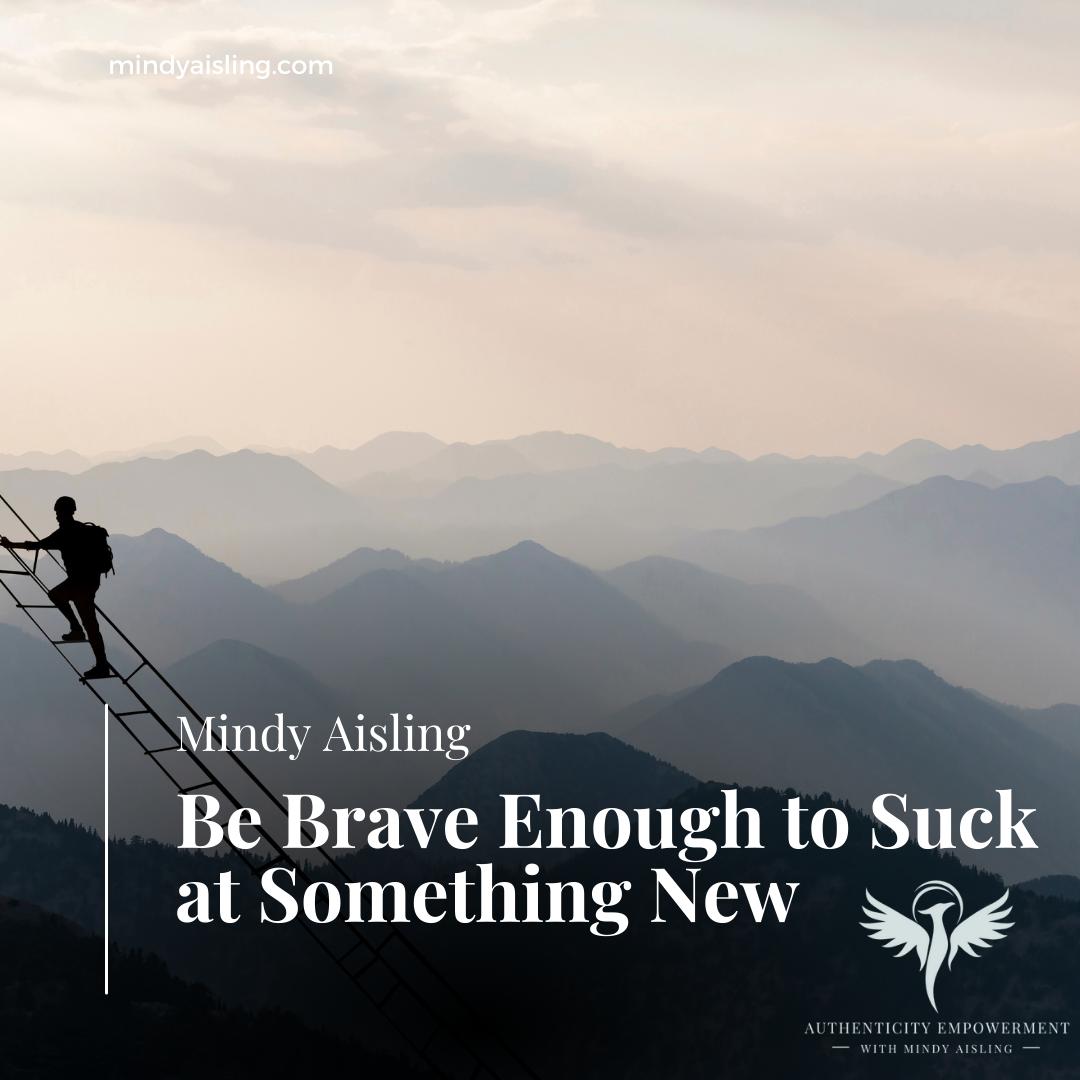
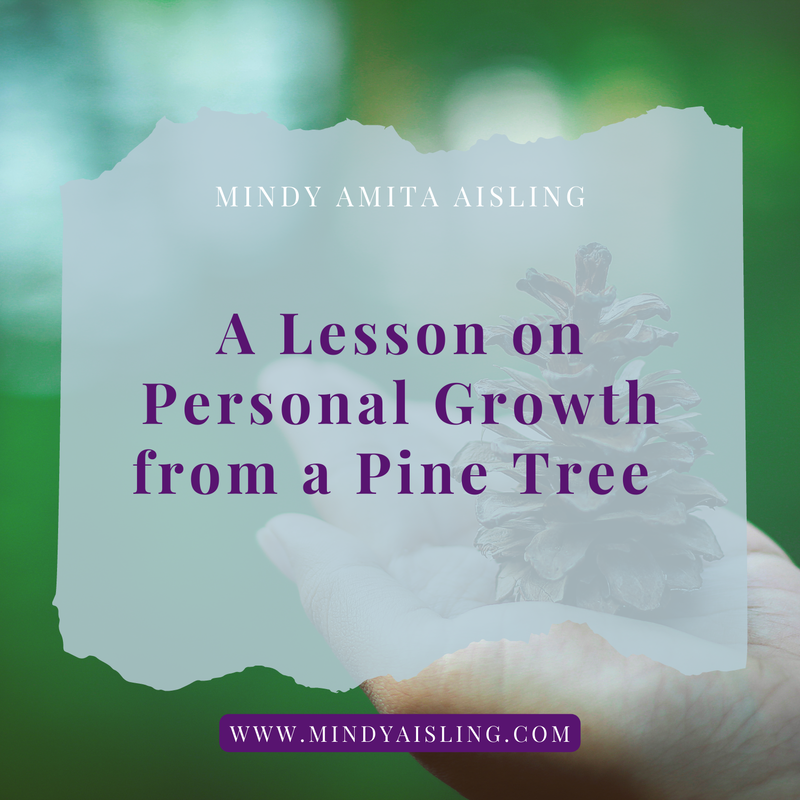




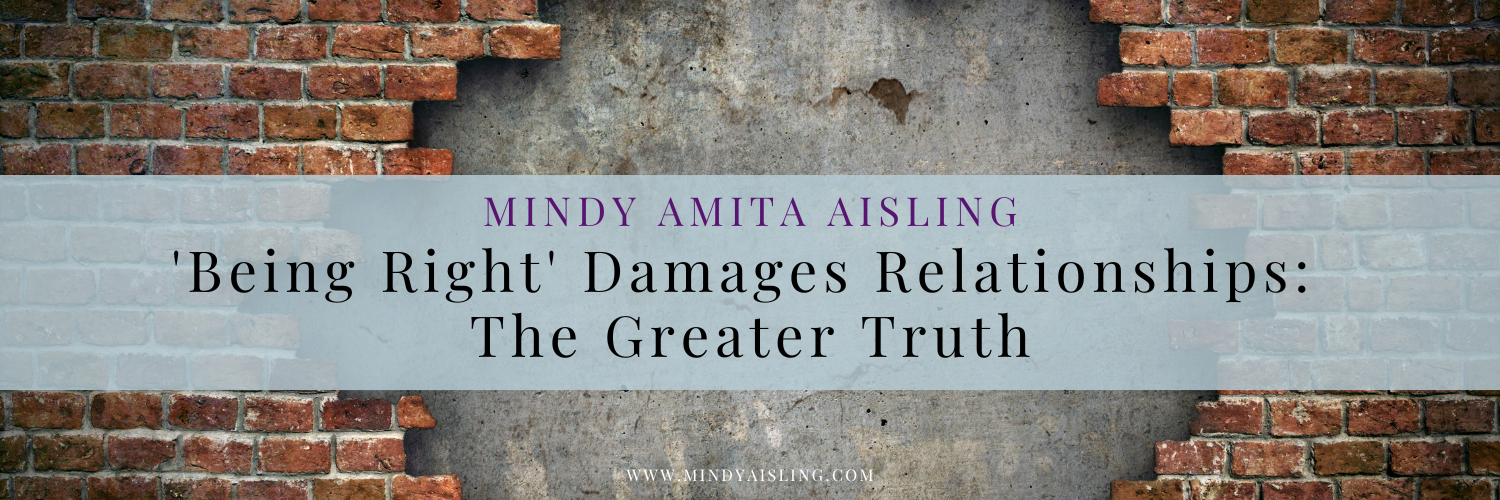
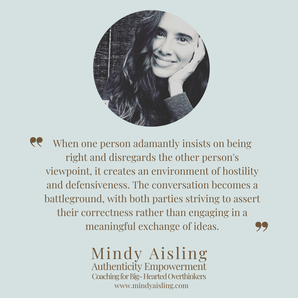

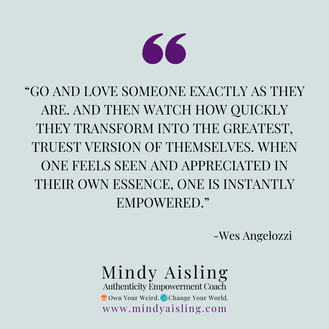
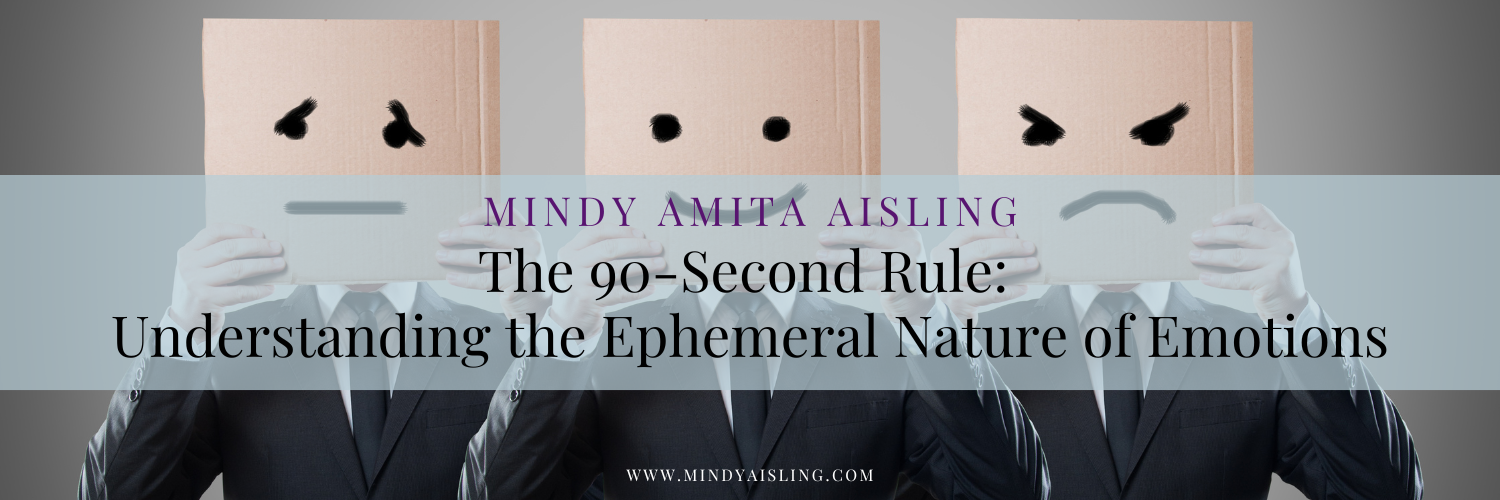
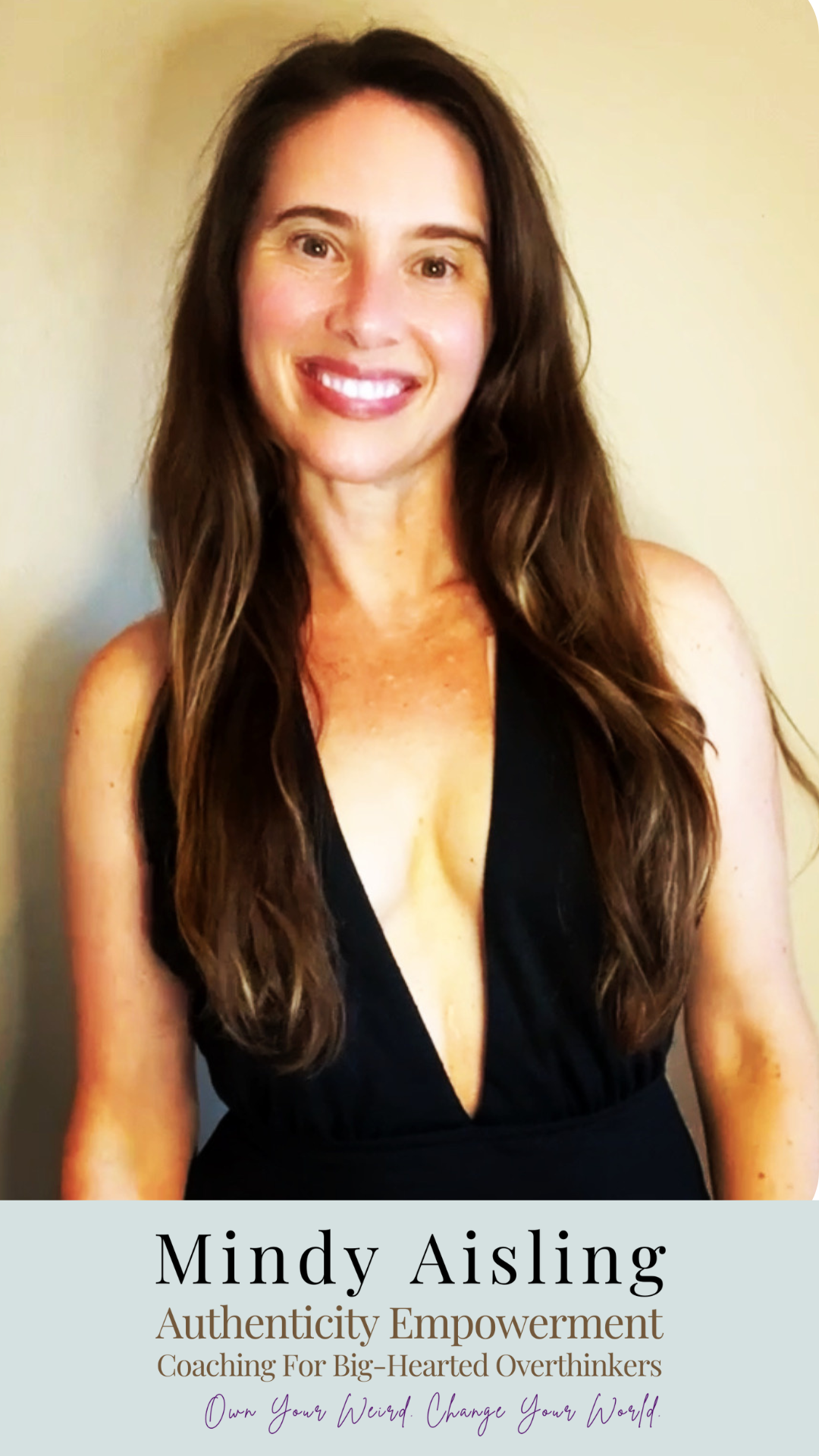
 RSS Feed
RSS Feed
